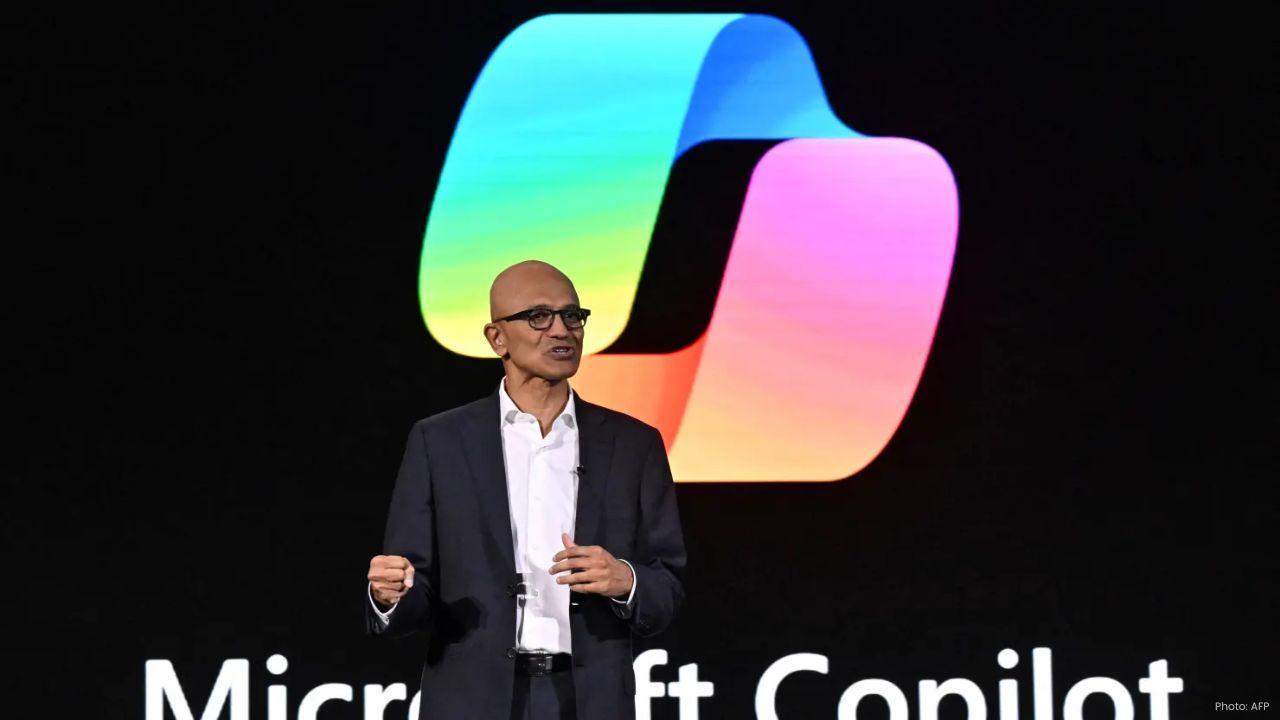
Post by :
Photo: Reuters
On September 15, 2025, former U.S. President Donald Trump renewed his call for companies to stop reporting earnings every three months and instead provide financial information twice a year. This proposal has been controversial because while it could reduce the pressure on companies to meet short-term financial targets, it may also affect the transparency and availability of information for investors.
Interestingly, this proposal has received unexpected support from some investors who focus on climate, sustainability, and long-term corporate responsibility. These investors believe that less frequent reporting could allow companies to concentrate on long-term planning and environmentally sustainable practices, rather than being pressured by short-term financial expectations.
Background of the Proposal
Trump’s call to end quarterly reporting is not a new idea. He first advocated for similar changes during his presidency. His main argument is that quarterly reporting forces companies to focus too much on short-term profits, which can limit long-term growth, innovation, and sustainability.
Currently, most U.S. companies are required to report their financial results every three months, a system designed to keep investors informed. However, critics argue that this system often leads to short-term thinking, where executives may make decisions that improve quarterly results but are harmful in the long run.
Trump’s proposal aligns with practices in countries like the United Kingdom and Australia, where many companies report only twice a year. Supporters argue that these countries’ companies often have more stable long-term strategies and are less pressured to deliver immediate results for investors.
Support from Climate-Conscious Investors
The surprising element in this debate is that climate-conscious investors have shown cautious support for Trump’s proposal. These investors focus on environmental, social, and governance (ESG) issues and are interested in companies making decisions that benefit the environment and society in the long term.
Frequent reporting, according to some ESG investors, can push companies to prioritize profits over sustainability, making it harder to invest in long-term environmental projects. Reducing reporting frequency could help companies focus on sustainable growth and responsible corporate behavior.
David Pitt-Watson, a corporate governance expert at Cambridge University, explained that short-term pressures from quarterly reports often lead to decisions that are not in the best interest of long-term stakeholders. He believes that moving to semiannual reporting could encourage companies to invest in innovation, sustainability, and workforce development.
Potential Benefits of Semiannual Reporting
Supporters of ending quarterly reports highlight several potential advantages:
1. Reduced Short-Term Pressure
Quarterly reports create a constant pressure to meet earnings targets, which can lead companies to focus only on short-term profits. Reducing the frequency of reporting would allow managers to plan strategically, make long-term investments, and focus on sustainable growth without being judged every three months.
2. Encouragement of Sustainable Practices
Many long-term sustainability projects, such as clean energy development, reducing carbon emissions, or ethical supply chain improvements, require time and resources. Quarterly reporting can discourage such projects because their benefits may not be visible immediately. Semiannual reporting could encourage companies to adopt more environmentally responsible practices.
3. Lower Compliance Costs
Preparing detailed quarterly financial reports is time-consuming and expensive. Reducing the reporting frequency would allow companies to save money and redirect resources toward innovation and sustainability initiatives.
4. Improved Focus on Long-Term Strategy
Without the constant scrutiny of investors every three months, companies could focus on long-term goals such as research and development, employee training, and environmental investments. This could result in better products, more resilient businesses, and improved societal impact.
Concerns and Criticisms
Despite these potential benefits, the proposal has sparked significant criticism:
1. Reduced Transparency
Critics argue that reducing reporting frequency could make it harder for investors to monitor company performance. Investors rely on quarterly updates to understand revenue trends, costs, and potential risks. Semiannual reporting could delay critical information, leaving investors less informed.
2. Investor Protection
Frequent reporting helps protect investors by providing timely information about potential financial problems. Less frequent reporting may increase the risk of financial surprises, which could hurt investors, especially small shareholders who rely on consistent updates.
3. Regulatory Challenges
The U.S. system currently requires continuous disclosure obligations, meaning companies must report significant events promptly. Reducing quarterly reports could create confusion about which events need immediate disclosure and which can wait until the semiannual report.
4. Risk of Misuse
Some fear that semiannual reporting could allow companies to hide negative news, such as declining sales, layoffs, or environmental violations, until the next report. This could reduce accountability and harm public trust in corporations.
Expert Opinions
Some financial analysts argue that a combination of semiannual reporting plus continuous disclosure for critical events could provide a balance between transparency and long-term planning.
These perspectives highlight that while semiannual reporting may have benefits, careful regulation and oversight are needed to protect investors and ensure corporate accountability.
Implications for Businesses
International Comparison
Many other countries already practice less frequent corporate reporting:
Former President Donald Trump’s proposal to end mandatory quarterly reporting has sparked a complex debate. On one hand, it could reduce short-term pressures, encourage long-term and sustainable business practices, and reduce compliance costs. On the other hand, it may reduce transparency, challenge investor protections, and require careful regulatory adjustments.
The unexpected support from climate-conscious and ESG-focused investors highlights that even controversial proposals can find allies if they align with long-term sustainability goals. These investors see potential for companies to invest in environmental and social projects without the constant pressure of quarterly earnings expectations.
As discussions continue in boardrooms, government agencies, and investment communities, the future of corporate reporting in the U.S. remains uncertain. Whether companies will move toward semiannual reporting, retain quarterly updates, or adopt a hybrid system with continuous disclosure for key events will depend on legislative action, investor preferences, and regulatory oversight.
The debate underscores a larger issue: the tension between short-term financial results and long-term corporate responsibility, especially in an era when environmental sustainability, social responsibility, and ethical governance are becoming central to investor decision-making.
For now, businesses, investors, and policymakers are carefully weighing the pros and cons of Trump’s proposal, seeking a balance between transparency, accountability, and long-term growth.
quarterly reports










Varun Chakravarthy Becomes World No.1 In ICC T20I Bowler Rankings
India’s Varun Chakravarthy rises to No.1 in ICC T20I bowling rankings after strong Asia Cup performa

Texas State University Expels Student Over Charlie Kirk Mocking
Texas State University expelled a student for mocking Charlie Kirk’s assassination at a memorial eve

Japan Trade Deficit Shrinks As Exports Improve In August Report
Japan’s trade deficit in August was smaller than expected, supported by stronger exports and a new t

US Tech Giants To Invest $40 Billion In AI Infrastructure In UK
Major US tech firms will spend over $40 billion to boost AI infrastructure in the UK, supporting res

Law Firms That Made Deals with Trump Are Now Challenging His Policies
Some law firms that agreed to work with Trump are now representing clients who are suing his adminis

Climate-conscious investors support Trump's call to end quarterly corporate reporting.
Trump's Push to End Quarterly Reports Gains Unexpected Backing from Climate-Focused Investors